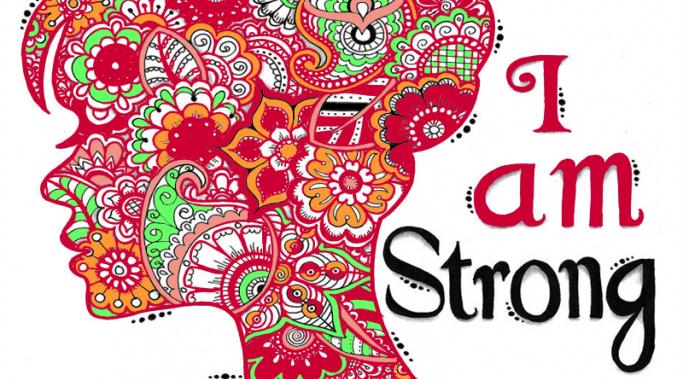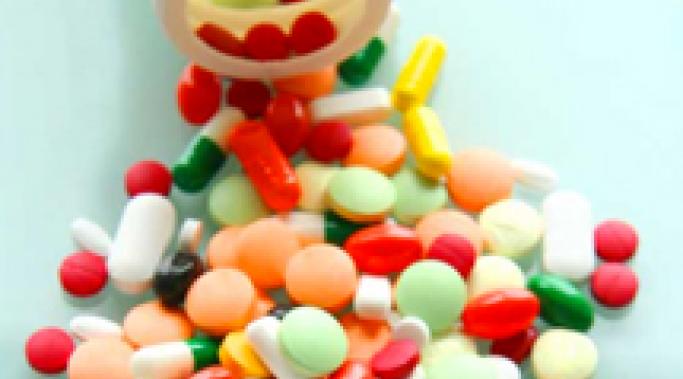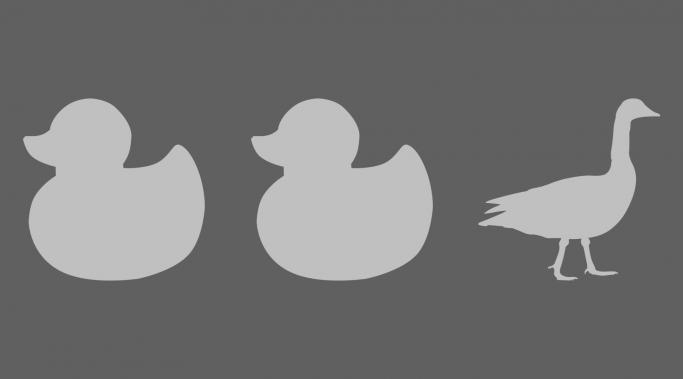Blogs
I recently jumped on the adult coloring book bandwagon to find they help relieve anxiety and depression and now there is no turning back. Adult coloring books have been a great way for me to decrease my anxiety and even lessen symptoms of depression. So why should you try adult coloring books? Here are my thoughts.
Giving thanks is hard when your family is a mess. When I started thinking about writing this Thanksgiving post, I almost wrote my manager to let her know I’m not qualified to write about mental illness in the family. Do you know why? Because I feel like a fraud. My family relationships are not all cleaned up and pretty like I'd like them to be. Rather, the messiness in my family amplifies as we make plans for the holidays. I want to wave a magic wand and make all of my relationships work, if only on these special days. I know what it's like when your family is a mess and it's hard to give thanks.
Should alcoholics and addicts take medication for addiction? When I was on the dual diagnosis unit at a state hospital, an outside therapy group often joked that it was ironic that we took medication for addiction (Drug Addiction Treatment and Drug Recovery). Staff did not see the humor in the statement and warned them to stop saying that. But it raises a valid question: Should alcoholics and addicts take medication for addictions?
Deciding when to share your diagnosis of posttraumatic stress disorder (PTSD), and with whom, can be difficult to do. Even though talking about PTSD and seeking support from others is an important step toward recovery, choosing who and when to share your diagnosis of PTSD may be stressful and anxiety producing. The uncertainty of how others will react to hearing that you have a mental health issue can be as troubling as dealing with mental illness itself (Stigma Busting: Things Not to Say to Anxious People). There are some ways though, to decide who and when to tell about your PTSD diagnosis.
People with bipolar disorder often have extreme behaviors that personify the “all-or-nothing” school of thought. This thinking is pretty self-explanatory: either you do everything or you do nothing but never anything in between. For example, you become the most health-conscious person and eat only lettuce and chicken breast while running every day or you sit on your couch, Netflix-binging and eating ice cream. Either you have a relationship with the most beautiful person with every-second fireworks and storybook romance or you refuse relationships entirely. I am guilty of bipolar all-or-nothing, extreme behaviors/thinking, often according to mood, but I do try to manage them.
We all know that exercise can help combat depression, but did you know that finding the right exercise for depression is also important? The type of exercise you choose for depression has an effect on how beneficial it may be for your mental health, so it’s important to carefully choose the right exercise for depression.
A diagnosis of dissociative identity disorder (DID) can be overwhelming and confusing and part of the reason can be the differences in DID symptoms. In order for a DID diagnosis to be made, a person has to fit certain criteria. After diagnosis, people may seek out further information in order to learn more about their symptoms and what their diagnosis means (What Is DID?). They may also seek support by finding others who also have DID. But what happens when that information doesn't exactly fit the mold of one's own DID experiences and the people they meet don't share the exact same DID symptoms?
Similarities, not differences, are the key to determining whether or not you are an alcoholic. My ability to find differences between myself and the stereotypical alcoholic was my greatest tool for living in denial. As long as I could find the differences, I could ignore painful truths. This was especially true in early sobriety. If you only compare stories to find differences, you will always find an excuse to claim you are not an alcoholic.
I've written about how to be body positive when you have binge eating disorder (BED) , but I really should have started by defining what body positivity is when you have binge eating disorder and how you can be body positive with BED. A lot of people think that being body positive is accepting your body as it is and that changing it is a sign of problems. In reality, body positivity when you have binge eating disorder is finding out what you want your body to look like, and living in that body without concern for what anybody else has to say about it.
Anxiety can stop us in our tracks, and the idea of turning anxiety into action can seem impossible. Anxiety involves worry and fear. Together, these make a team of control-freaks that attempts to keep people from living their lives fully, from stepping forward confidently into the world. Anxiety prevents people from taking action. However, did you know that you can turn anxiety into action? Here’s a simple formula to turn your anxiety into action.








